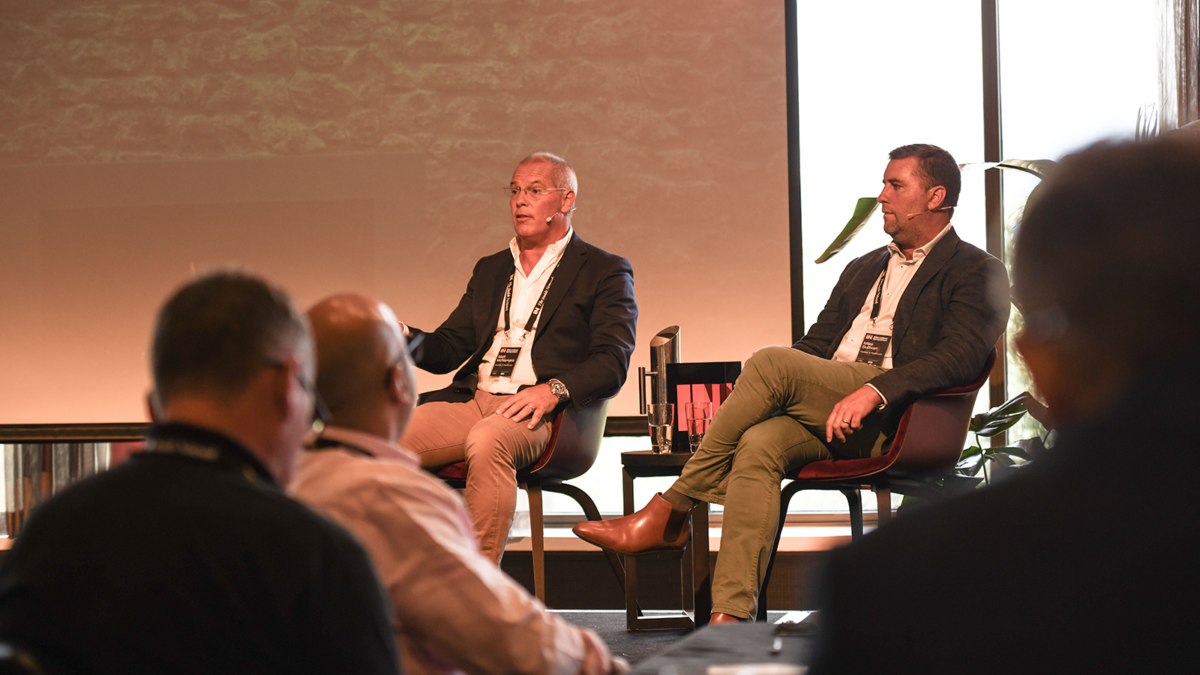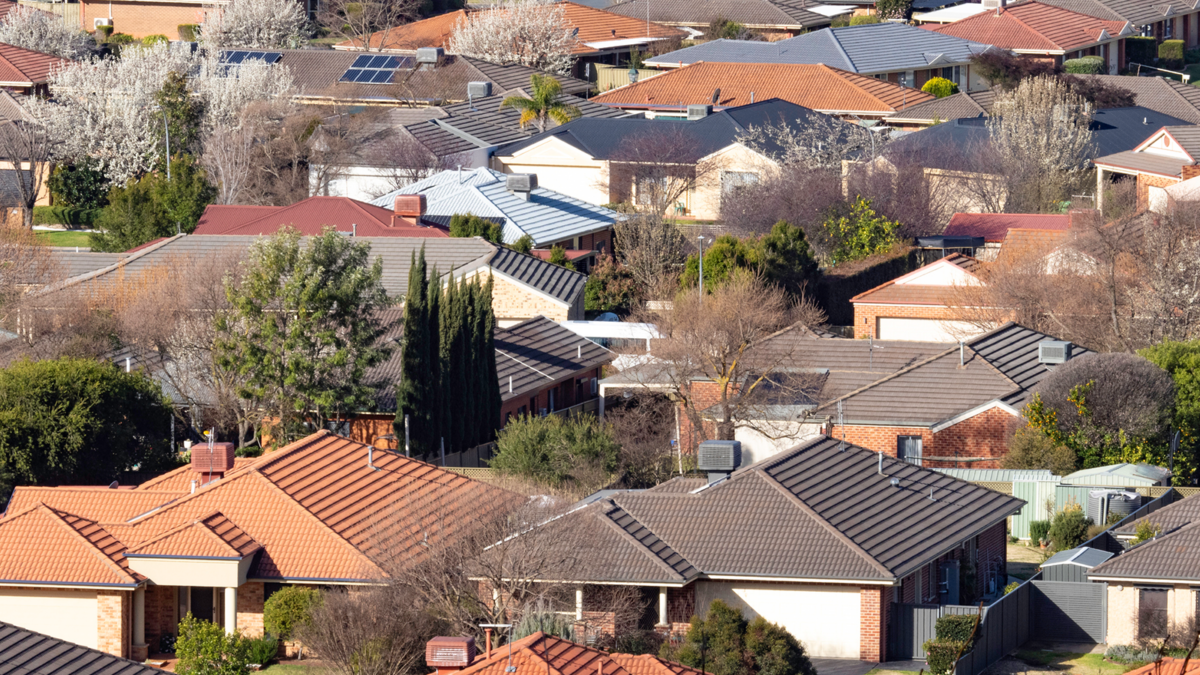-
Sort By
-
Newest
-
Newest
-
Oldest
Amidst a healthy uptick in investment returns and consumer confidence, the ESG sector is coming to grips with increasing concern about greenwashing, which has now become the major deterrent for investors – up from 45 per cent in 2022 to 52 per cent today.
It doesn’t matter whether funds mislead investors with intent or not, and it doesn’t matter if other parties were partly to blame. The authorities have had enough of the excuses, and they’re lobbing record fines at transgressors.
The mainstream energy transition narrative has evolved in light of recent social, political and economic shifts, Pzena says. as the manager takes a deep dive into the credibility of company transition plans.
“There are a range of different ways to invest in the energy transition thematic,” Fortitude explains, adding that the opportunities on the periphery often present the greatest value.
The move towards renewable sources of energy gathers pace, and while the majority of our power still comes from coal and gas, efforts to put capital behind low-emission companies is paying dividends according to the ethical investor.
The ethical investor is using the China’s sluggish reemergence from the pandemic as an opportunity to rotate into more investments that facilitate a sustainable future, while simultaneously fortifying the return profile of its flagship fund.
The $10 billion ethical investors expects “quite an evolution” in climate resilience and mitigation investing, as well as growing interest in sectors like water, where it is “actively exploring” opportunities.
Getting to net-zero by 2025 will require an enormous shift of capital. This can only happen if groups with leverage apply pressure to financial services entities that are at the coal-face of change.
The banks may not be perfect, but their collective role in facilitating a developed ecosystem, combined with the leverage they have through lending and capital allocation, means they often fall within Australian Ethical’s “investible universe”.
An elevated market is a good thing, but investors that take a valuation mindset into asset allocation need to be wary of what that means for prices. “Chasing momentum” is a real danger, says Australian Ethical’s Mark Williams.
Australia may not have the Magnificent Seven tech stocks, but a heavy top end on the ASX means concentration risk is just as present, Atchison’s says. According to Australian Ethical, that puts the domestic small companies sector right in frame for investors.
The pressure of meeting a spaghetti-like network of reporting standards has forced company executives to de-prioritise cybersecurity in favour of meeting global greenhouse gas emission targets, according to Perennial.
















